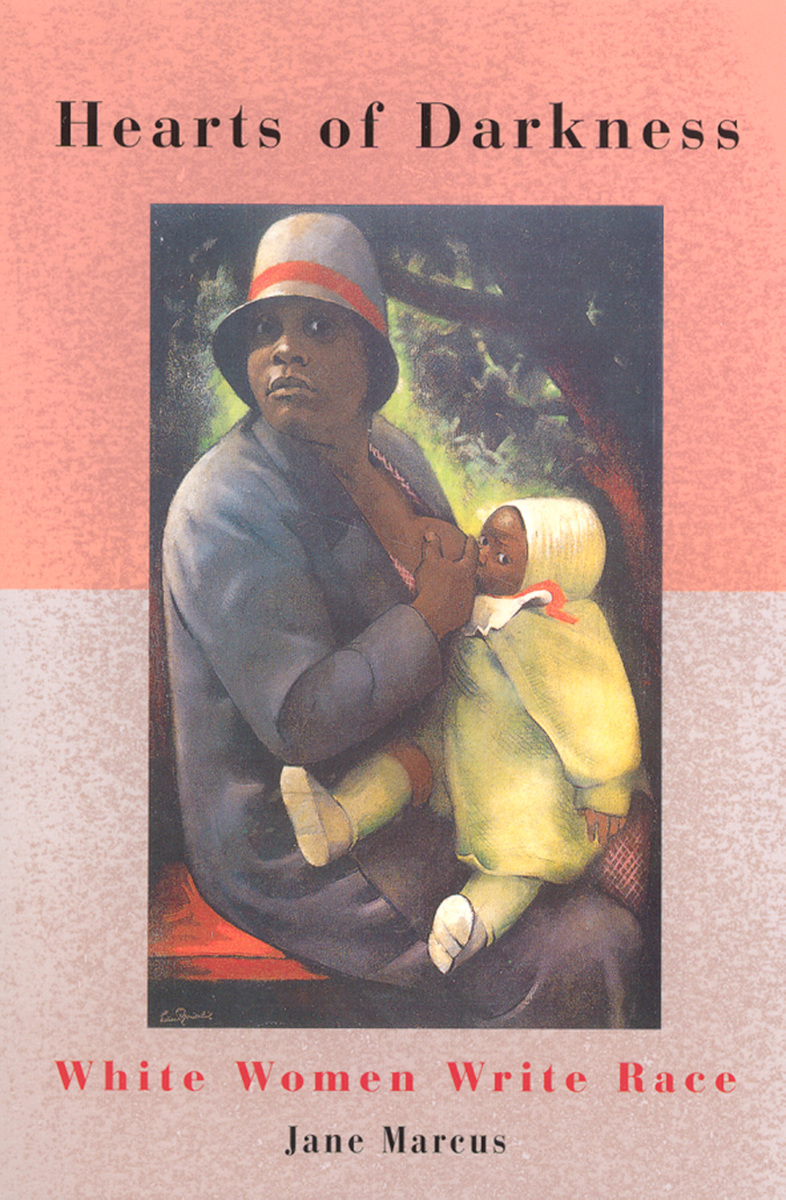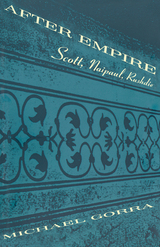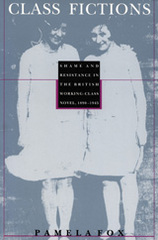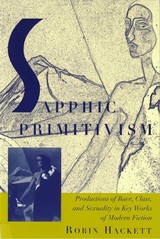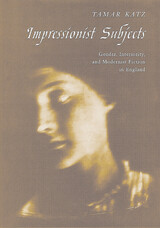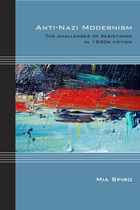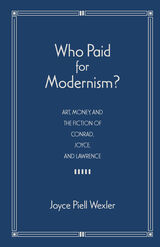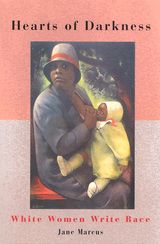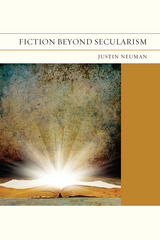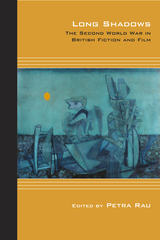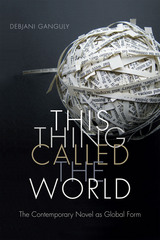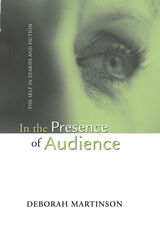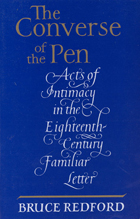Hearts of Darkness: White Women Write Race
Rutgers University Press, 2004
Cloth: 978-0-8135-2962-2 | Paper: 978-0-8135-2963-9 | eISBN: 978-0-8135-7972-6 (ePub) | eISBN: 978-0-8135-4251-5 (PDF)
Library of Congress Classification PR888.R34M37 2004
Dewey Decimal Classification 823.91209355
Cloth: 978-0-8135-2962-2 | Paper: 978-0-8135-2963-9 | eISBN: 978-0-8135-7972-6 (ePub) | eISBN: 978-0-8135-4251-5 (PDF)
Library of Congress Classification PR888.R34M37 2004
Dewey Decimal Classification 823.91209355
ABOUT THIS BOOK | AUTHOR BIOGRAPHY | TOC
ABOUT THIS BOOK
In this book, one of modernism's most insightful critics, Jane Marcus, examines the writings of novelists such as Virginia Woolf, Nancy Cunard, Mulk Raj Anand, and Djuna Barnes-artists whose work coincided with the end of empire and the rise of fascism before the Second World War. All these writers delved into the "dark hearts" of imperialism and totalitarianism, thus tackling some of the most complex cultural issues of the day. Marcus investigates previously unrecognized ways in which social and political tensions are embodied by their works.
The centerpiece of the book is Marcus's dialogue with one of her best-known essays, "Britannia Rules The Waves." In that piece, she argues that The Waves makes a strong anti-imperialist statement. Although many already support that argument, she now goes further in order to question the moral value of such a buried critique on Woolf's part. In "A Very Fine Negress" she analyzes the painful subject of Virginia Woolf's racism in A Room of One's Own. Other chapters traverse the connected issues of modernism, race, and imperialism. In two of them, we follow Nancy Cunard through the making of the Negro anthology and her appearance in a popular novel of the freewheeling Jazz Age. Elsewhere, Marcus delivers a complex analysis of A Passage to India, in a reading that interrogates E. M. Forster's displacement of his fear of white Englishwomen struggling for the vote.
Marcus, as always, brings considerable gifts as both researcher and writer to this collection of new and reprinted essays, a combination resulting in a powerful interpretation of many of modernism's most cherished figures.
The centerpiece of the book is Marcus's dialogue with one of her best-known essays, "Britannia Rules The Waves." In that piece, she argues that The Waves makes a strong anti-imperialist statement. Although many already support that argument, she now goes further in order to question the moral value of such a buried critique on Woolf's part. In "A Very Fine Negress" she analyzes the painful subject of Virginia Woolf's racism in A Room of One's Own. Other chapters traverse the connected issues of modernism, race, and imperialism. In two of them, we follow Nancy Cunard through the making of the Negro anthology and her appearance in a popular novel of the freewheeling Jazz Age. Elsewhere, Marcus delivers a complex analysis of A Passage to India, in a reading that interrogates E. M. Forster's displacement of his fear of white Englishwomen struggling for the vote.
Marcus, as always, brings considerable gifts as both researcher and writer to this collection of new and reprinted essays, a combination resulting in a powerful interpretation of many of modernism's most cherished figures.
See other books on: 1882-1941 | English fiction | Postcolonialism in literature | Race in literature | Woolf, Virginia
See other titles from Rutgers University Press
